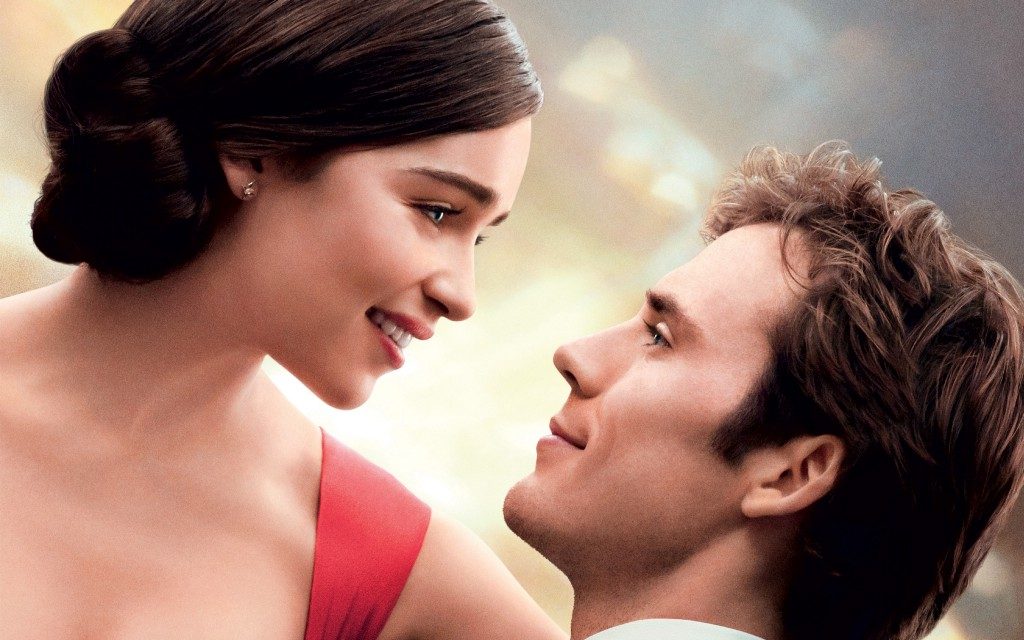Author Jojo Moyes penned the screenplay for the upcoming film “Me Before You,” which opens June 3, a love story about two very different characters who should have never met, but do due to very difficult circumstances.
Moyes has written 12 books, which have been translated for sale in more than 40 countries. She has twice won the Romantic Novel of the Year Award and was recently named Author of the Year in Germany. But “Me Before You” is a big deal. This film is her screenwriting debut, but seemingly only the beginning, as she has two other films lined up that are adaptations of her books.
“Me Before You” follows the unexpected relationship between a quadriplegic man, played by Sam Claifin, and his young caretaker, played by Emilia Clarke, living in a small English village. While on tour in the U.S., we asked Moyes a few questions about the upcoming release of the film version of “Me Before You.”
W&H: How do you tap into this kind of emotion when you’re writing?
JM: I have to feel it. If I don’t cry when I’m writing those scenes, you won’t cry. If you have invested in your characters and written that part, the tears should come when you write something sad. My family has gotten used to it now. If they open the door and I’m crying, they know I’m having a good writing day.
W&H: Were you drawing on a personal tragedy?
JM: When I was writing the book, I had two relatives who required 24-hour care. I think that if you live with that situation on a daily basis, you can’t fail to ask yourself questions about quality of life and what we are doing keeping people a live because of the advances in science but without quality of life to offer them. All these issues were high in my mind when I wrote it.
W&H: Did you set out to write a tear jerker?
JM: It’s never that cynically decided. While this was going on with my family, I heard a news story about a man in England who had suffered a terrible accident and been left a paraplegic and after the accident, he’d persuaded his parents to take his life. I was so shocked by this story because as a parent, especially, I couldn’t understand how you would ever agree to it. I was probably quite judgmental, as well. But the more I read about it, the fact that he had shut himself down, that his parents had been in this impossible situation… I didn’t know about the health aspects either, it’s not just a matter of being in a chair. It’s about a constant series of interventions, indignities, and health problems. I started to think what would it be like if someone you loved made that decision, if you were that person. We all would like to think we’d be like Christopher Reeves, and I thought, I’m not sure I would. I’d be bitter and angry and envious of people who still got to use their bodies. That story wouldn’t leave my head and that’s where it came from. It was an exploration of an ordinary person in an extraordinary situation.
W&H: How did you keep the sensitive scenes light with humor?
JM: When I write, I want to reflect how people really talk to each other. I think about me and my husband and I, for example. In one day, we can bicker, we can make jokes at each other, we can fall about laughing, we can argue, we can be romantic. All that stuff can be encompassed in just being in love with each other. I don’t think that you see that in film very often. It’s a bit one-dimensional, or maybe two dimensional. I just wanted to reflect how people can spar with each other and I love that sparring thing. It goes back to black and white movies, a modern day version of repartee.
It was really important during the script process that Louisa (Clarke) got as many funny lines as Will (Claifin) got. There was a draft where all her funny lines had been given to a man.
W&H: What was casting like?
JM: When Thea first said we were speaking to the Khaleesi (the nickname of Clarke’s character from “Game of Thrones”), I was struggling to see that one — the whole blonde hair thing, killing people. And then she walks in, it was like, here you are.
W&H: When did you realize this book would change your life?
JM: It’s been an organic process and the weird thing I’ve been so busy that I haven’t taken stock. But I had a moment on the way round where I retreated to the hotel room and the trailer came on with my name on it, and I had a moment where I screamed and was like, okay.
“Me Before You” opens Friday, June 3.







